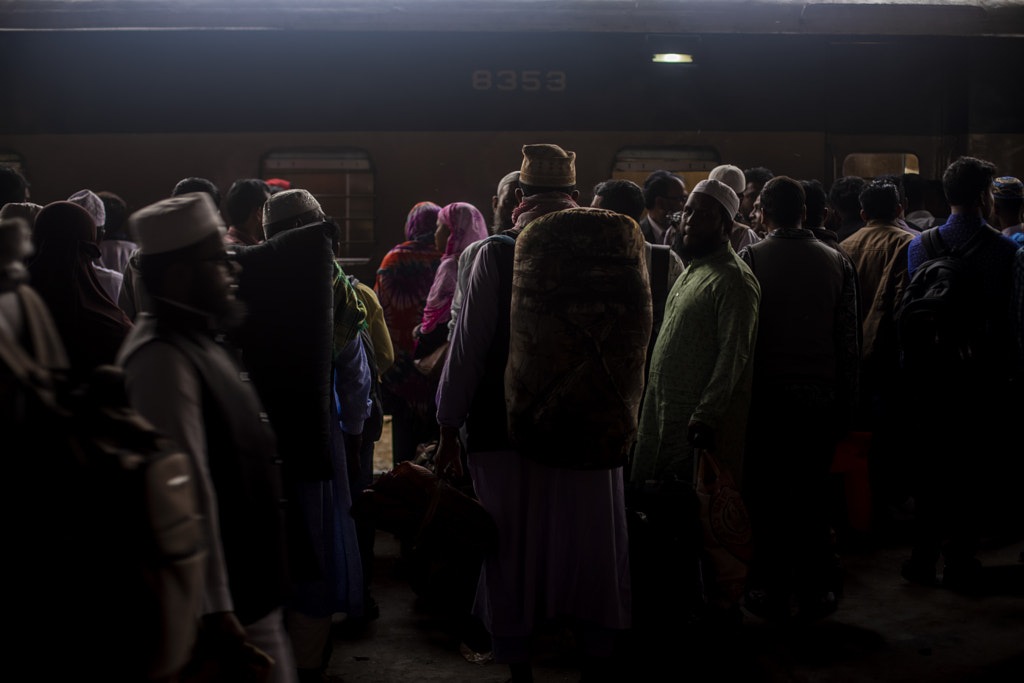The Tongi Ijtema is one of the largest annual Islamic gatherings held in Tongi, Bangladesh. It is a religious event organized by the Tablighi Jamaat, a non-political global Sunni Islamic missionary movement that focuses on preaching and promoting the teachings of Islam.
The Ijtema typically spans over three days and takes place in January. Devotees from various parts of Bangladesh and around the world congregate to participate in prayers, religious discourses, and discussions on Islamic teachings. The primary objective of the Ijtema is to promote spiritual growth, unity, and the practice of Islamic principles among Muslim Ummah.
During the event, scholars and religious leaders deliver sermons on various aspects of Islam, emphasizing the importance of faith, unity, brotherhood, and following the teachings of the Quran and the Hadith (the sayings and actions of Prophet Muhammad). Participants engage in congregational prayers, seeking spiritual enlightenment and renewal.
The Tongi Ijtema attracts a significant number of attendees, sometimes reaching millions, making it one of the largest religious gatherings in the world. The event promotes a sense of community and religious solidarity among Muslims and serves as a platform for fostering religious understanding and devotion.
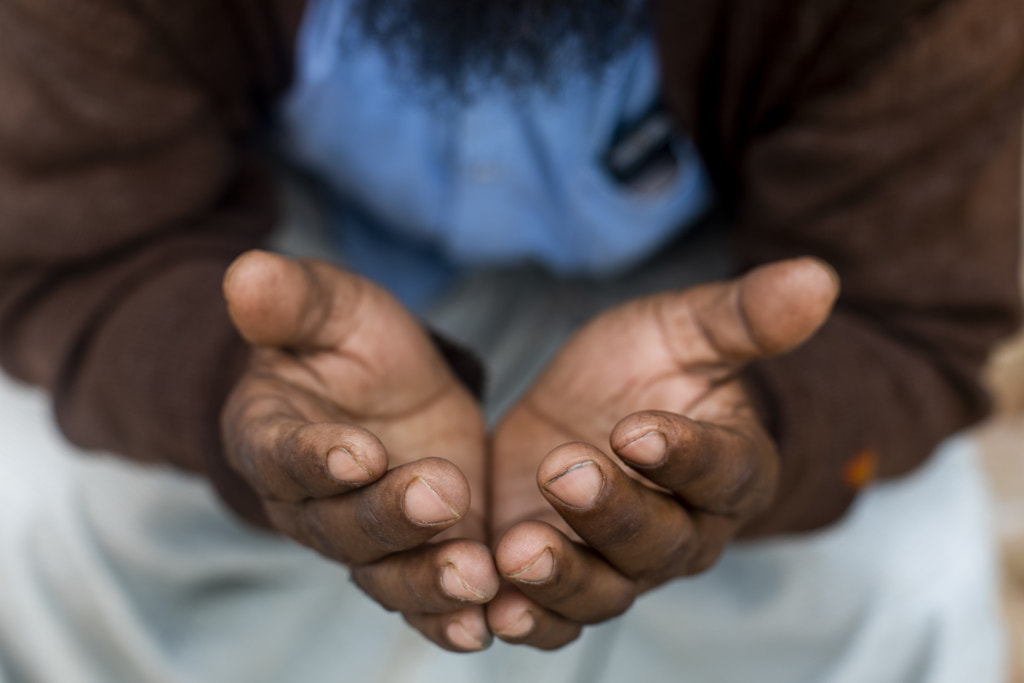






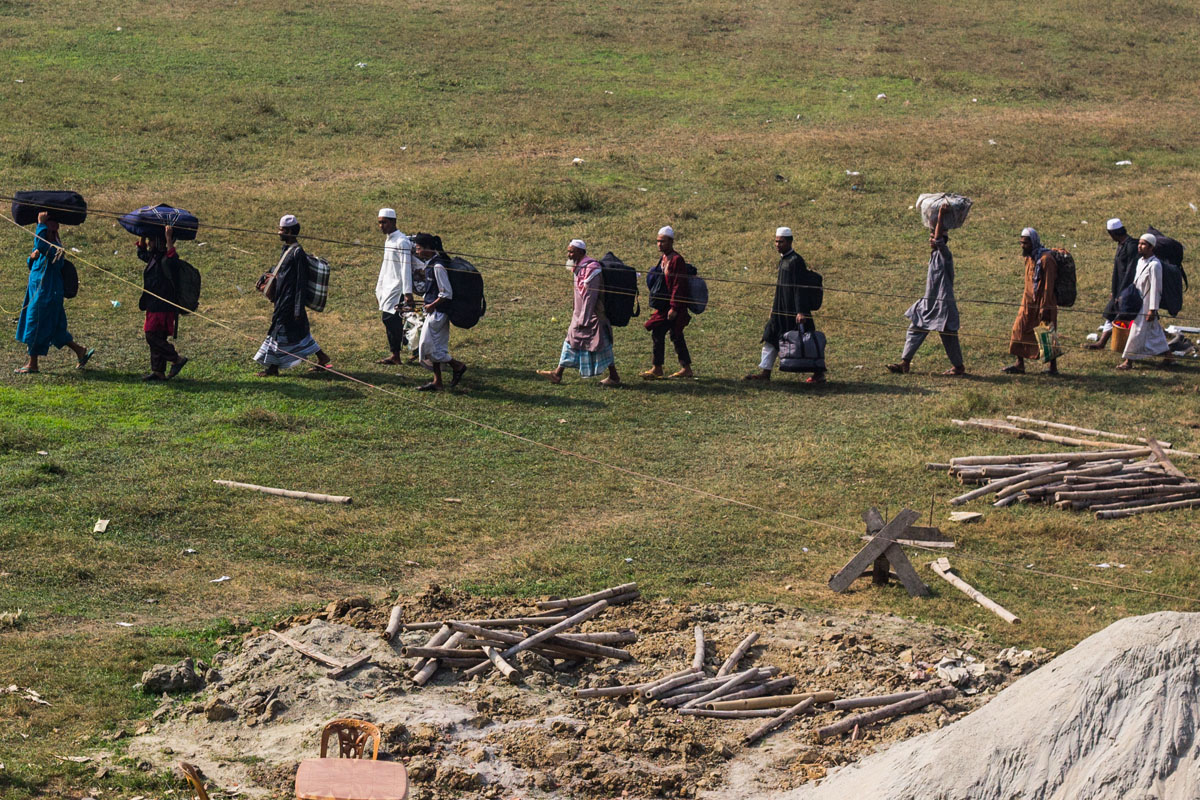
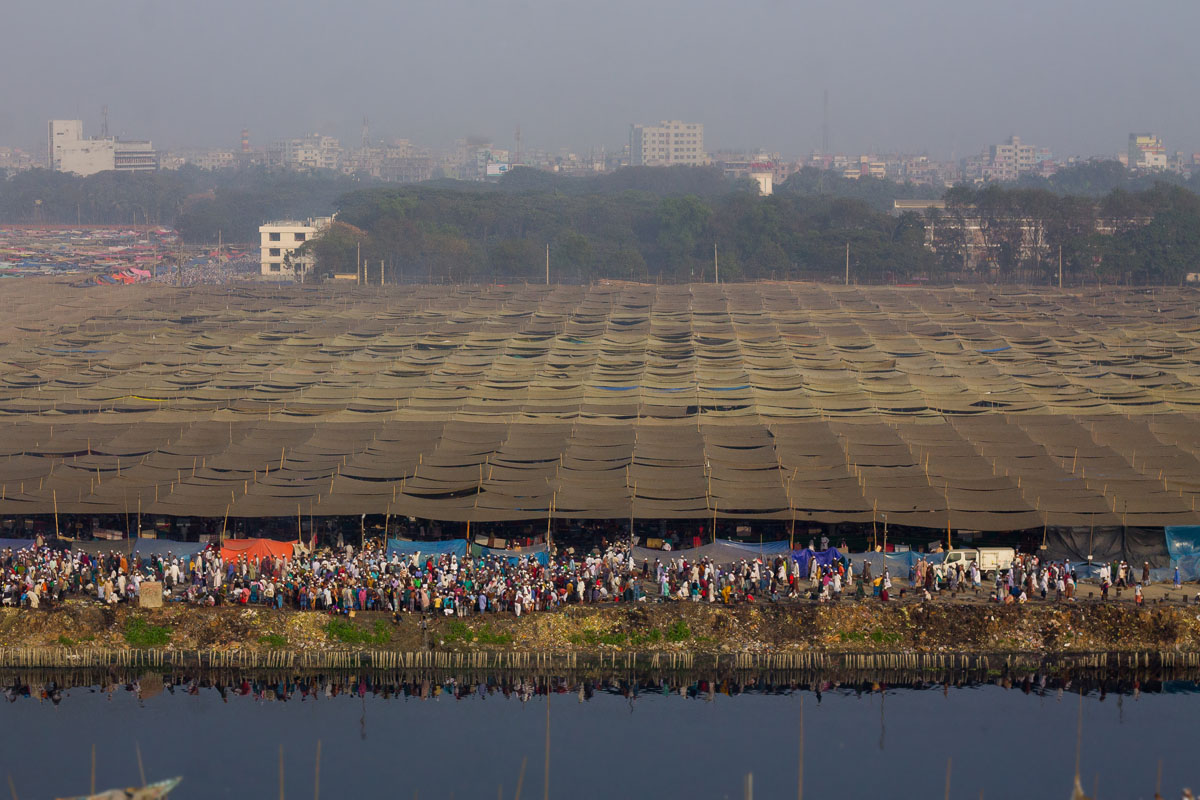
Salat, is the Islamic practice of ritualistic prayer. It is one of the Five Pillars of Islam, which are fundamental acts of worship and practices that all Muslims are expected to follow. Salah is a daily ritual prayer and holds significant spiritual and communal importance in Islam.
Muslims are required to perform Salah five times a day, facing the Kaaba in Mecca. The performance of Salah is not only an individual act of worship but also a communal one. Muslims are encouraged to pray together, especially during the Friday congregational prayer (Jumu’ah), which includes a sermon delivered by an imam.

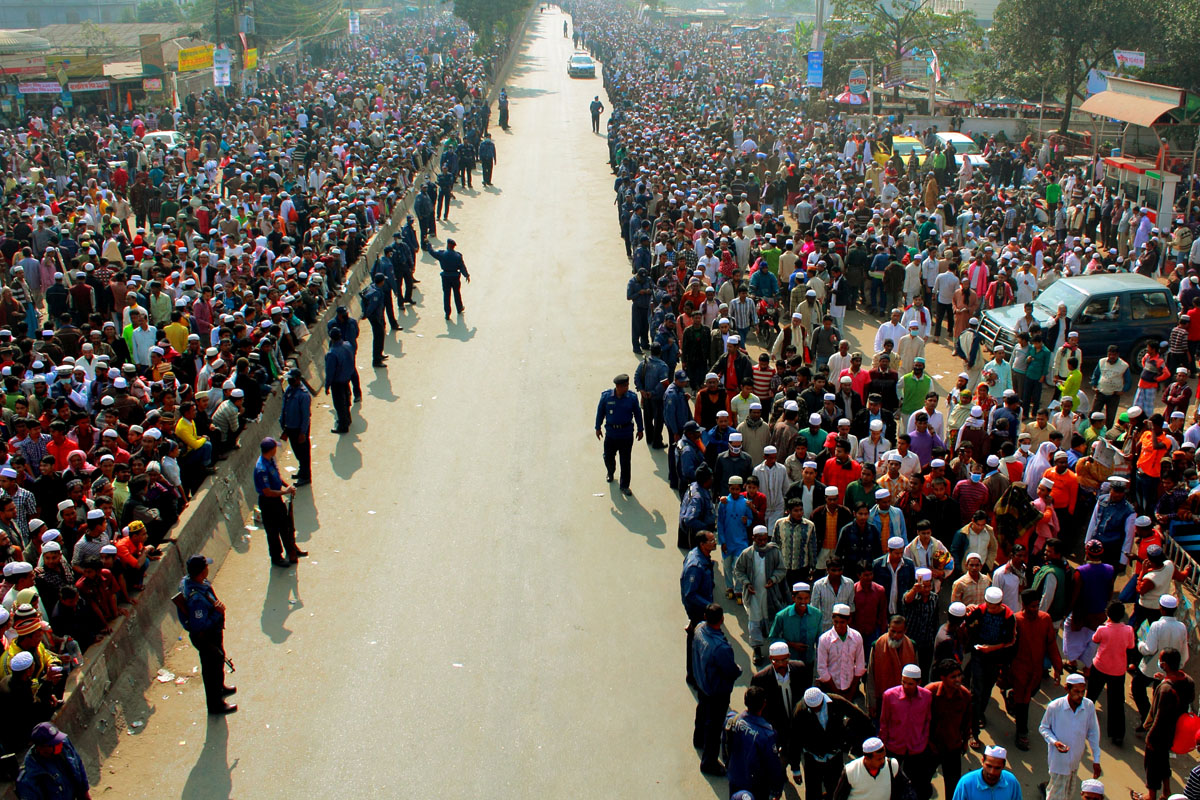
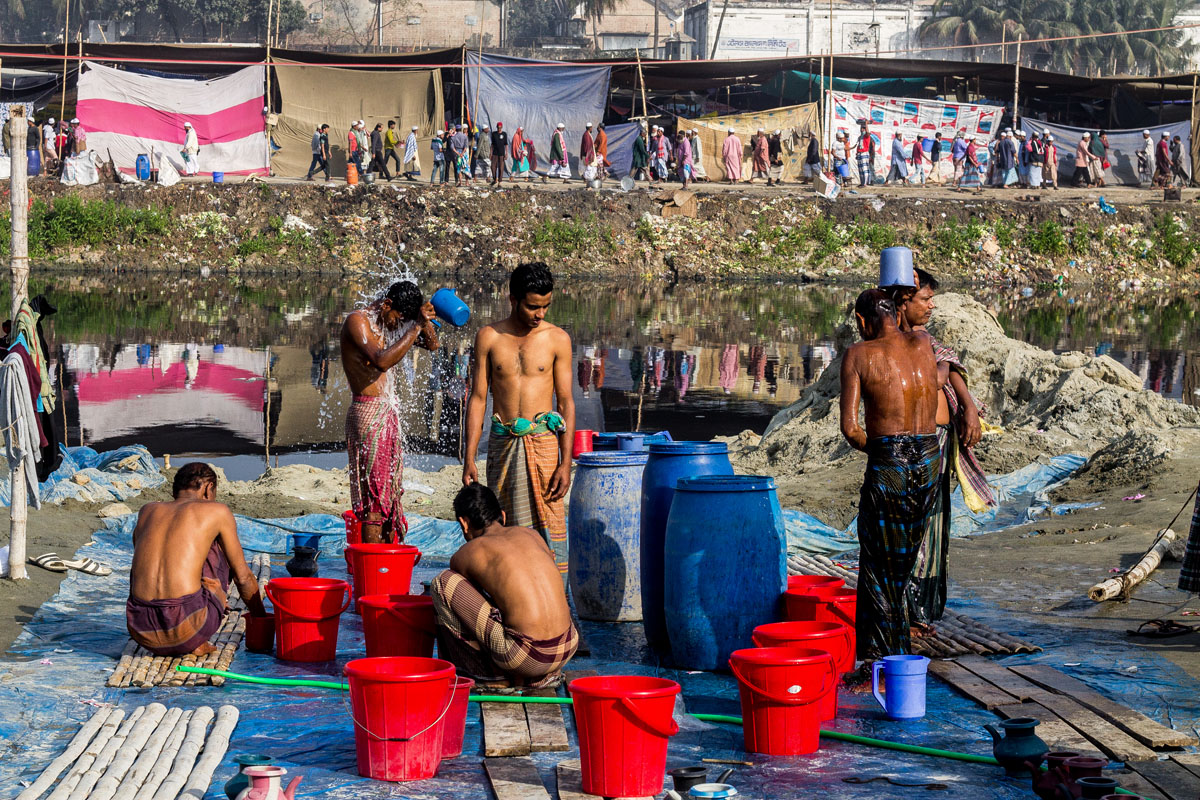
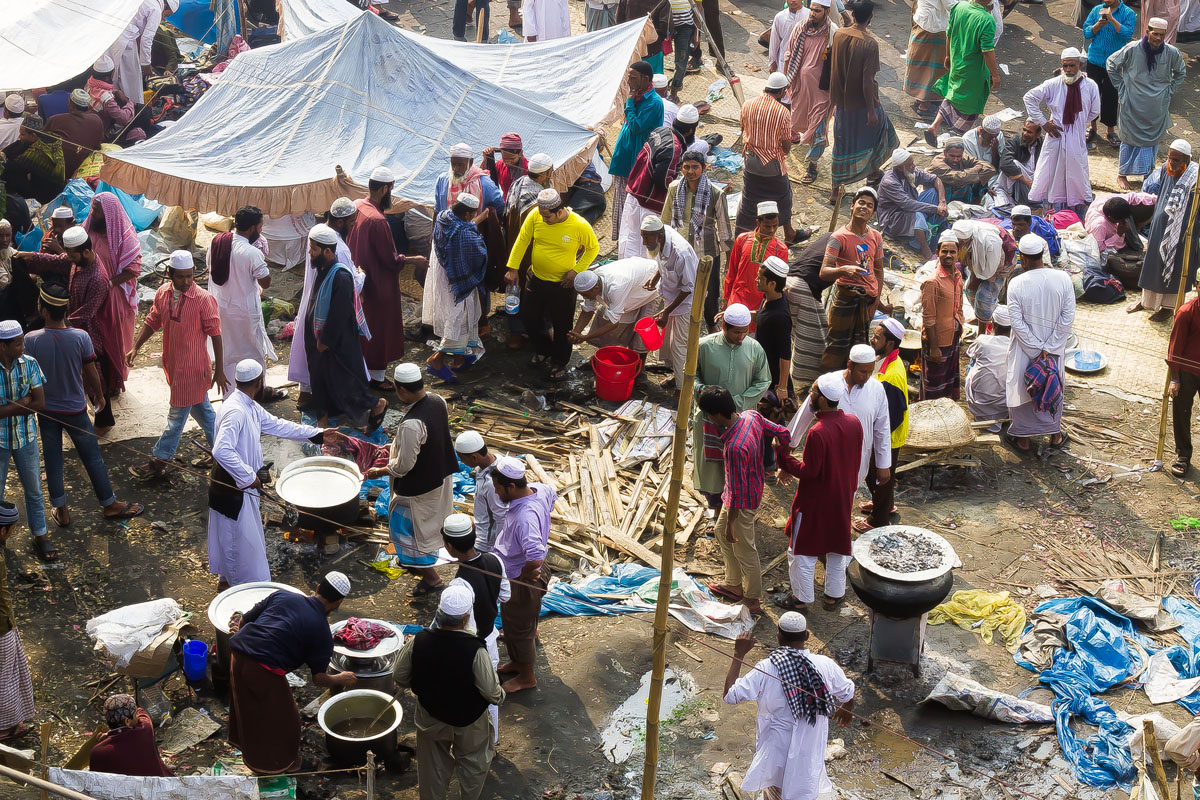
“Pray” is a form of communication or expression directed towards a higher power or deity. It is often a spiritual or religious practice where individuals express their thoughts, feelings, requests, or gratitude to a divine being. People may pray for various reasons, including seeking guidance, strength, forgiveness, or simply to connect with the divine.
Prayer can take many forms and vary across different religious and cultural traditions. It might involve spoken words, silent contemplation, rituals, or specific gestures. For many individuals, prayer serves as a means of finding solace, comfort, and a sense of connection with the divine or the spiritual realm.
It’s important to note that the concept and practice of prayer can differ widely among different religions and belief systems.

